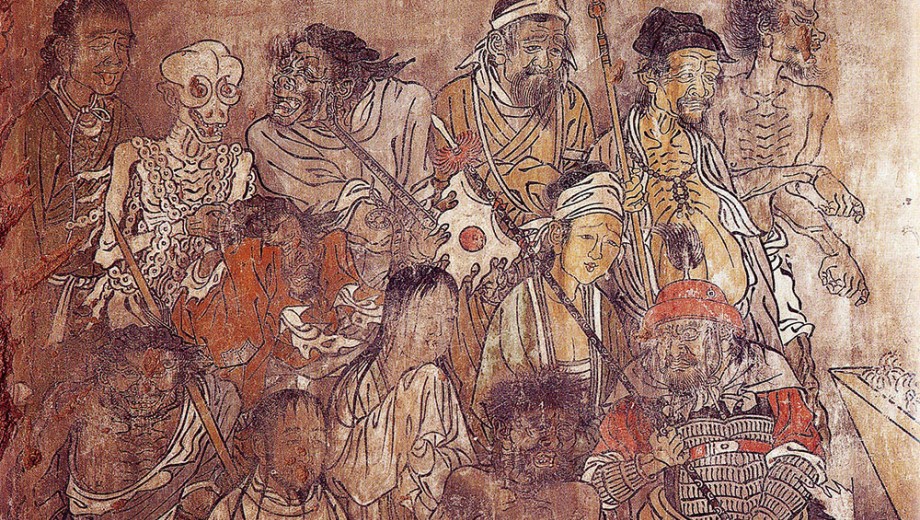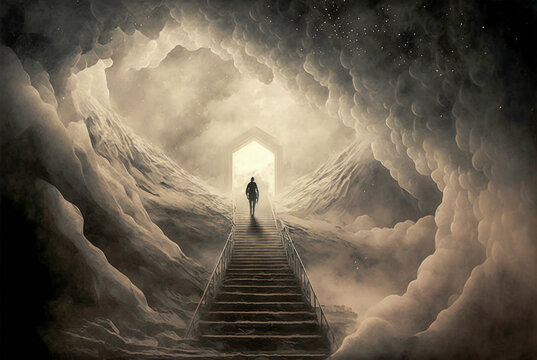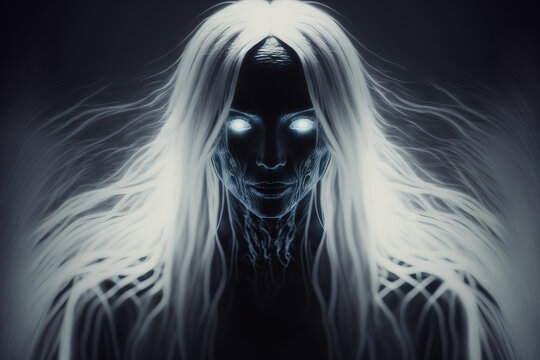Welcome to an in-depth exploration into one of humanity’s most enduring mysteries: Do ghosts exist and how can we confirm their presence? This article delves into historical beliefs, scientific inquiries, and cultural phenomena surrounding ghosts, providing insights from both skeptics and believers. Join us on this fascinating journey through the shadowy realms of the paranormal to uncover potential truths beyond the known.
Historical and Cultural Beliefs in Ghosts Exist
Throughout history, almost every culture has held some form of belief in ghosts—the spirits of the dead who have not transitioned to the afterlife. These beliefs provide insight into human psychology and how societies cope with death and the unknown.
What is a Phantom And How Do We Know?
A phantom, often synonymous with “ghost,” refers to the apparition or visible manifestation of a spirit or soul. Typically regarded as the spirit of a deceased individual, phantoms are said to appear to the living in various forms, sometimes indistinguishable from a real person, other times as translucent or nebulous figures.
Ancient Civilizations and Ghosts: The phantoms of the ancient Egyptians and the Roman ancestral spirits exemplify many ancient cultures’ beliefs that the spirits of the dead can interact with the living. People often viewed these interactions as omens or messages from beyond.

Cultural Variations: In many Eastern cultures, ghosts are considered a natural part of the spiritual landscape, entities that play specific roles and require appeasement through rituals.

Scientific Investigations into Ghostly Phenomena Exist
Despite widespread anecdotes and centuries of interest, scientific evidence for the existence of ghosts remains elusive. However, numerous researchers and paranormal investigators have attempted to apply scientific methods to explain ghostly occurrences.
Parapsychology: Researchers in this field attempt to scientifically study paranormal phenomena, including ghost sightings. Technologies such as electromagnetic field (EMF) detectors and infrared cameras help detect anomalies often interpreted as signs of ghostly presences.
Expert Interviews on Parapsychology
We spoke with Dr. Jane Doe, a leading parapsychologist at the Rhine Research Center, who explained the methodology behind using EMF detectors in ghost hunting. Dr. Doe elaborates on the scientific principles that suggest fluctuations in electromagnetic fields could potentially indicate paranormal activity. However, she also highlights the limitations and the necessity for cautious interpretation of the data.
Skeptical Science: Many scientists and skeptics argue that ghost sightings can be explained by psychological factors such as the power of suggestion, hallucinations, or the brain’s propensity to seek patterns. Usually especially in stressful or ambiguous situations the brain seeks patterns.
Personal Testimonies and Anecdotal Evidence
While compelling and deeply personal, personal stories and eyewitness accounts of ghosts mainly fall into the category of anecdotal evidence and lack scientific verifiability.
Eyewitness Accounts: Many individuals report encounters with apparitions that they cannot explain through conventional means. These stories often include details of interactions with spirits or the sensation of being watched.
Technological Advances in Ghost Hunting
Advancements in technology have provided ghost hunters with new tools to search for proof of the supernatural. These tools aim to detect environmental changes, attributed to ghostly presences.
Using EMF Detectors and EVP: Devices like EMF detectors, which supposedly measure electrical fields altered by spiritual energy, and EVP (electronic voice phenomena) recorders, which purportedly capture ghost voices, are popular among paranormal investigators.
Philosophical and Theological Perspectives on Ghosts Exist
Philosophy and theology offer different lenses through which to view the existence of ghosts, addressing deeper existential questions they raise about life after death and the nature of the human soul.
Exploring Existential Questions: The belief in ghosts raises significant questions about consciousness and the existence of the human soul beyond physical death.
Religious Interpretations of Ghosts: Various religions offer explanations for ghosts, ranging from lost souls needing assistance to malevolent spirits intent on causing harm. These explanations often reflect broader religious teachings about the afterlife and moral conduct.

Concluding Thoughts: Do Ghosts Exist And How Do We Know
The question of whether ghosts exist taps into the deep-seated human need to understand the unknown and what lies after death. While definitive scientific proof remains elusive, the cultural, psychological, and anecdotal narratives about ghosts continue to fascinate and terrify.
Reflect on the evidence and stories presented here. Consider what you believe and how these beliefs shape your understanding of the mysterious world around us. The existence of ghosts remains an open question—one that invites both skepticism and wonder.


